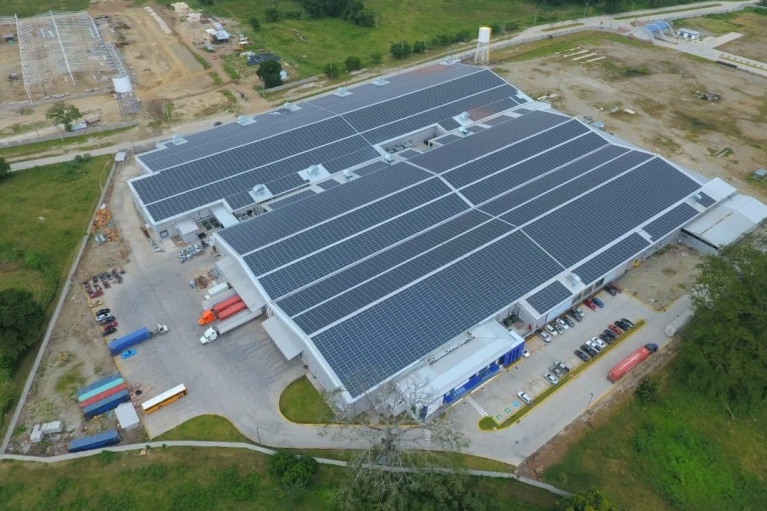A new era is ushering in Jammu and Kashmir’s industrial landscape with the recent amendments to the J&K Private Industrial Estate Development Policy 2021-30. This bold shift towards harnessing the potential of private developers marks a pivotal moment in UT’s quest for economic growth and prosperity. The revamped policy promises to address longstanding challenges, attract fresh investments, generate employment opportunities, and ultimately foster a vibrant business ecosystem. As UT embraces this new era of industrial development, all stakeholders need to collaborate and ensure the effective implementation of the amended policy. The success of this transformative journey depends on the synergy between government initiatives, private sector dynamism, and the aspirations of the locals.
For too long, Jammu and Kashmir’s industrial development has been hampered by limited infrastructure and bureaucratic hurdles. The reliance on government-run industrial estates, although well-intentioned, proved to be slow in the past. The recent embrace of the private sector can be a game-changer, injecting much-needed dynamism into the region’s economic landscape. The prospect of navigating uncharted territories presents an unprecedented opportunity for innovative ventures. Unlike government-developed industrial areas, once a private industrial estate is operational, potential buyers are spared the arduous wait for various permissions and sanctions, even in the digital realm where certain delays persist. The advent of private players introduces healthy competition that can prove to be a catalyst for the growth of future industries. The amended policy opens the doors wide for genuine private developers to play a pivotal role in shaping the industrial future of J&K. By offering generous incentives such as 100% reimbursement of land-related charges and streamlining documentation processes, the government aims to create a level playing field for both private developers and unit holders. This approach not only attracts fresh investment but also serves as a beacon for upcoming entrepreneurs to establish their ventures on these private estates.
The benefits of the amended policy extend far beyond mere infrastructure development. The influx of private players signals a renewed focus on improving the overall business environment in Jammu and Kashmir. Streamlined processes and clear timelines for approvals reduce uncertainty and foster a climate conducive to business growth. This proactive approach by the government reflects a commitment to creating an environment where businesses can thrive. The synergy between private developers and responsible governance is crucial for sustainable and inclusive development.
With a target of developing approximately 250 acres of land through private industrial estates, the potential for job creation is immense. This influx of employment opportunities will not only empower individuals but also inject much-needed economic vitality into the region. The ripple effects of job creation go beyond immediate economic benefits, fostering social development and elevating the overall quality of life for people. From the government’s perspective, this collaboration signifies a judicious allocation of resources. The money and resources saved in the process can be redirected towards other crucial development projects, thereby optimising the government’s financial capabilities. The government acts as a facilitator, creating an environment conducive to industrial growth and showcasing the potential of public-private collaboration as the future model for expanding the industrial base.
With this amendment, a vast opportunity for the industrial potential of the region has been unlocked. By empowering private developers, offering lucrative incentives, and streamlining processes, the government sets the stage for a transformed industrial landscape. This is not merely about constructing structures; it’s about building a brighter future for Jammu and Kashmir, a future fuelled by investment, jobs, and a thriving business ecosystem.
Trending Now
E-Paper


